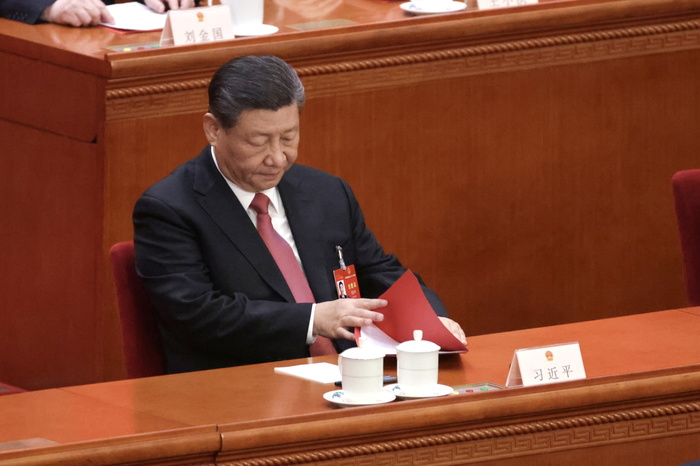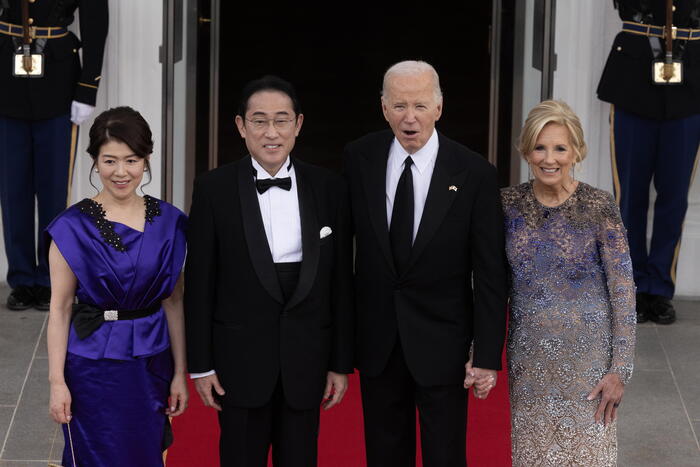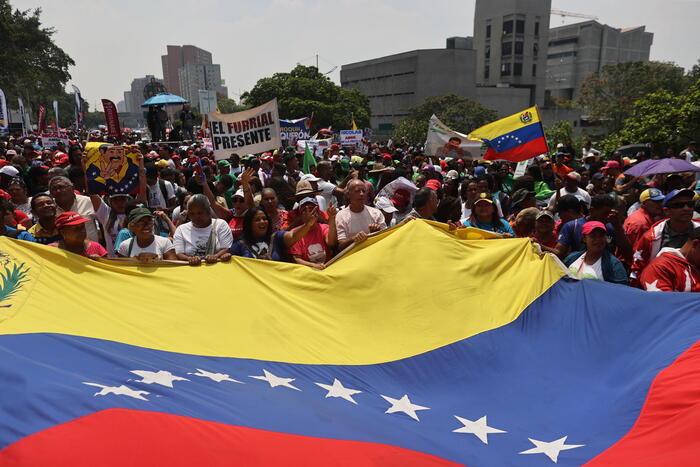Eleven times Angela Merkel was Chancellor in China, more often than any of her predecessors. Eleven times, it was mainly about the economic relations with China, whose economic power grew more than fourfold during Merkel's term.
This will be different on her twelfth trip to China, because this time the Chancellor is leaving for a country in acute political crisis, the conflict over Beijing's influence in the former British Crown Colony of Hong Kong. Merkel is the first Western head of government to travel to China since the beginning of the protests in early June. In Beijing, she will meet head of state Xi Jinping and Premier Li Keqiang on Friday, speak to students in the Yangtze River town of Wuhan on Saturday, and visit a German automotive supplier.
Hong Kong is not on Merkel's travel program. However, her visit will be followed closely around the world, and the expectations she faces in Hong Kong and Beijing are far apart.
"Merkel stands out among the leaders of the world"
"Chancellor, please help us!" is overridden an open letter from several Hong Kong stakeholders, which the "Bild" newspaper published on Wednesday. Signatories include former student leader Joshua Wong, an icon of the so-called Umbrella Protests of 2014. "They grew up in the GDR and they have a first-hand experience of the terror of a dictatorial government," the letter said. "Germany should be on guard to do business with China, because China does not respect international law and has repeatedly broken its promises."
Even established politicians of the Hong Kong opposition want clear words. James To Kun-sun, 56, Democratic Party leader, said: "What is important is that she makes it clear that Germany shares the values of the Hong Kong people." Merkel's words weigh heavily because she now speaks for the European Union as a whole "How Germany dealt with its own history, I have full confidence in Chancellor Merkel."
Markus Schreiber / AP
The vigil in front of the Berlin Chancellery: Sharing the values of the Hong Kong people
In recent years, Germany has achieved with concrete diplomacy towards China concrete results, as part of the departure of the artist Ai Weiwei and the poet Liu Xia, the widow of the long-held and died in 2018 Nobel Peace Prize winner Liu Xiaobo. How and in what context the Chancellor works for Hong Kong is entirely up to her. "This should be left to experienced politicians in principle, they know their leeway best."
It's about expressing the "concern of the international community" around Hong Kong, says human rights activist Albert Ho, who became known worldwide in 2013 as a lawyer for former US intelligence staff Edward Snowden. Hong Kong must be maintained "as a place of freedom and the rule of law," which "absolutely needs no interference from the central government".
Equally important is Merkel's commitment to the rights of the Uighur Muslim minority, which sits in hundreds of thousands of prisons and reeducation camps in Xinjiang's western China Autonomous Region. The Uighurs would need the intercession of influential Western politicians at least as much as Hong Kong. "And Merkel stands out among the leaders of the world today."
"One country, two systems"
Merkel should say "something constructive on her journey and make things worse," says Victor Gao, 57, in Beijing. Gao was a translator of the late 1997 statesman Deng Xiaoping, under whose leadership the transfer of Hong Kong from the British to China was negotiated. Whatever the Chancellor said, it must be based on three principles: "That Hong Kong is a part of China, that law and order are upheld - and that the principle of 'one country, two systems' applies". Proceeds beyond that were "not very welcome" in Beijing.
The formula "one country, two systems" is the foundation of the Hong Kong Constitution, the "Basic Law", which assures the city of "a high degree of autonomy" by 2047, including freedom of expression, press and assembly, and entitlement free, general elections. These freedoms see the protest movement endangered by Hong Kong's increasing economic and legal integration.
Merkel said on the subject in Beijing and Wuhan, "what she thinks right," said Victor Gao. Concrete proposals or even mediation offers in the current crisis are inappropriate, because Beijing regards the Hong Kong issue as "purely internal matter".



/cloudfront-eu-central-1.images.arcpublishing.com/prisa/GZBJJXO3EZE2HLSP5ZRRKYYYOY.JPG)


/cloudfront-eu-central-1.images.arcpublishing.com/prisa/Y3OO7L2MGUGR5X2A7MOEHZAMEM.jpg)






/cloudfront-eu-central-1.images.arcpublishing.com/prisa/KMEYMJKESBAZBE4MRBAM4TGHIQ.jpg)

